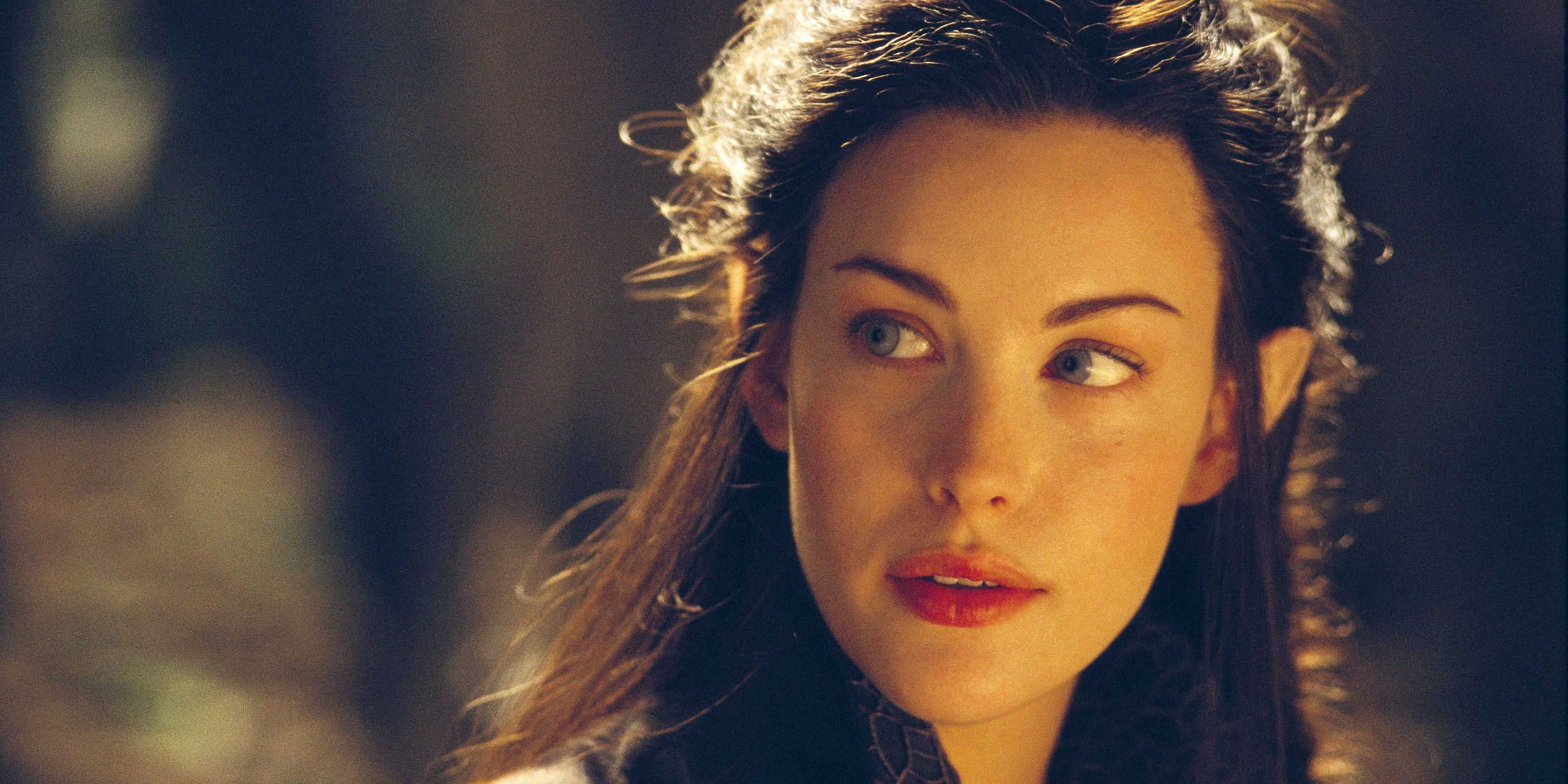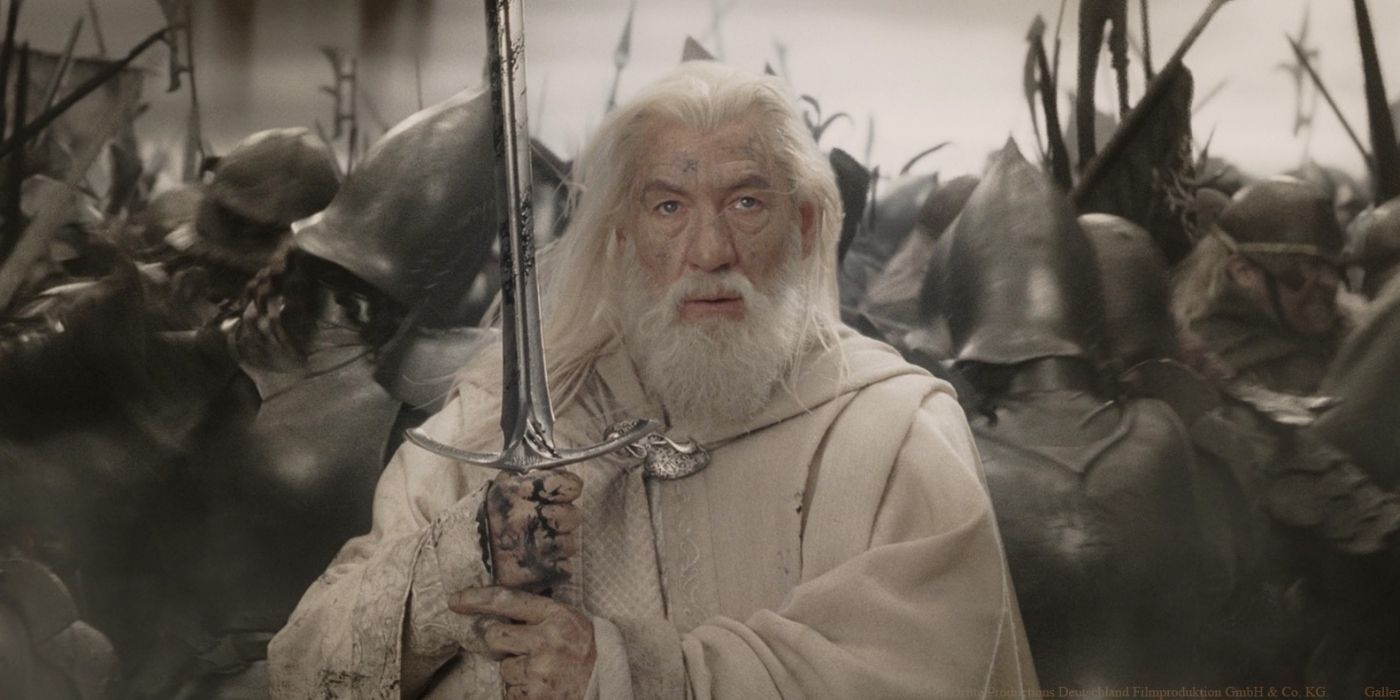Faithfulness to the original text is always a hot topic of debate when it comes to adaptations of books. Despite the many hate-filled comment sections for adaptations, there is one series that has stood the test of time as being a solid example of how to adapt from the source material: Lord of the Rings. However understanding the longstanding popularity of the series, and the many things it undeniably gets right, it does beg the question of whether or not these films are truly faithful enough to the books they’re based on.
When Peter Jackson’s Lord of the Rings: The Fellowship of the Ring was released in theaters in 2001, it was met with wide acclaim. Many pointed to the accuracy to Tolkien’s original work as being behind the success, while others claimed that the films had actually had a bit too much of the “Hollywood” treatment. This debate never impacted the box office returns of the first film or its sequels however as the trilogy grossed a total of $2,935,233,850.
RELATED: LOTR: Where Do Balrogs Come From And Why Is Gandalf Scared Of Them?
There are several elements that are obviously faithful to the book. Aragorn is still reluctant to rule, Frodo still travels with the ring, and Gollum still creeps everyone out. There are some elements however that are possibly more subtly faithful to the book. The origin of orcs in Middle-Earth is a rather hotly contested uncertainty. While there are several options in Tolkien’s writing that would have made for some dramatic additions, such as the Orcs being their own race and being able to breed, Peter Jackson instead went with what the text originally said and had the orcs be descended from Elves twisted by evil.

One big change from the text has been noted many times over however; the expansion of Arwen’s character. The film version of Arwen has much more to do than the book version, who only appears for an ultimately very short amount of time. While this expansion does bring into question the faithfulness of the adaptation, it actually falls in line more with the spiritual faithfulness to the book. Arwen has a big impact on Aragorn’s arc in the story, and having her perform duties originally assigned to smaller side characters only adds to the story and her character.
While these elements of keeping to the text or even expanding the work are present, there are other elements that were outright removed. As previously mentioned, many of the smaller side characters were removed or merged into the main cast. Glorfindel’s role in guiding Frodo is instead filled by Arwen. The Entwives were removed. Tom Bombadil was removed completely. Any mention of Radagast was removed until his character was introduced, and expanded on, in The Hobbit.
With all of these removed elements, it might be called into question how faithful this series truly is. However, the real question is whether or not these removed elements change the story in any meaningful way. Tolkien is known for fully fleshing out Middle-Earth, and much of what he’s written is for this purpose. These elements, while adding to the world, don’t ultimately affect the story with their removal. The journeying nature of Frodo’s travels to Mt. Doom means that the various small side stories can come or go as long as the overall story is still adhered to.
In comparing the two versions of the story, the obvious differences lead many to believe that the movies aren’t faithful enough. There are many characters and side stories not present in the movies, and some have felt their absence. If the movies were perfect, exact adaptations, then it’s unlikely audiences would ever complain. However there are complaints, and the movies aren’t perfect. Even Roger Ebert mentioned many of these inaccuracies in his review, however he went on to praise the film later in the same review.

What the movies do excellently despite the many differences, is that they are able to capture the themes of the book. The movies, in line with the books, show that even the smallest part of a large world can make a difference. One doesn’t need to be a powerful wizard, a talented king, or even a stubborn dwarf to do good and save the world. All it takes is perseverance, determination, and the willingness to do good. These themes are undeniably present in the film series, and are part of what makes the story so compelling.
When questioning the faithfulness of such a successful work, the most important question to answer is what exactly does “faithful enough” mean? Does it just mean that every iota of detail was transplanted from book to screen? Or rather, is it more important that the spirit of the story and the feeling it sparks in its audience is translated in the transition? Considering the success of the Lord of the Rings series, it seems the answer is clear.

